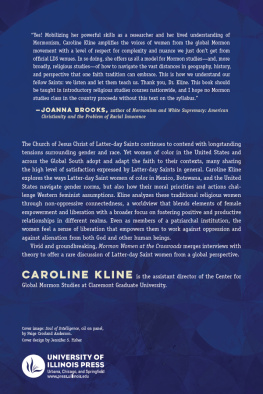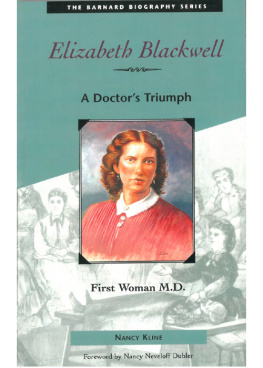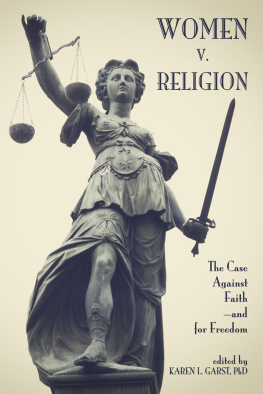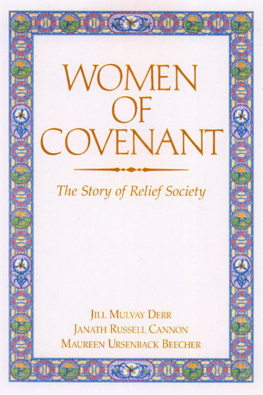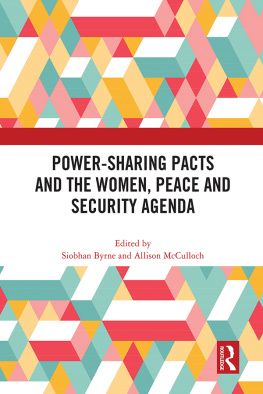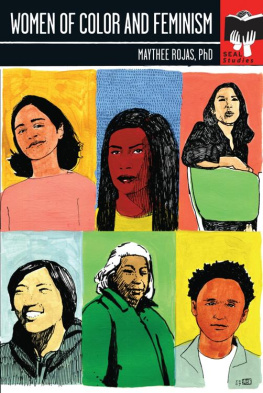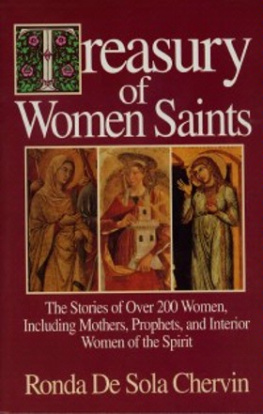Caroline Kline - Mormon Women at the Crossroads: Global Narratives and the Power of Connectedness
Here you can read online Caroline Kline - Mormon Women at the Crossroads: Global Narratives and the Power of Connectedness full text of the book (entire story) in english for free. Download pdf and epub, get meaning, cover and reviews about this ebook. year: 2022, publisher: University of Illinois Press, genre: Religion. Description of the work, (preface) as well as reviews are available. Best literature library LitArk.com created for fans of good reading and offers a wide selection of genres:
Romance novel
Science fiction
Adventure
Detective
Science
History
Home and family
Prose
Art
Politics
Computer
Non-fiction
Religion
Business
Children
Humor
Choose a favorite category and find really read worthwhile books. Enjoy immersion in the world of imagination, feel the emotions of the characters or learn something new for yourself, make an fascinating discovery.
- Book:Mormon Women at the Crossroads: Global Narratives and the Power of Connectedness
- Author:
- Publisher:University of Illinois Press
- Genre:
- Year:2022
- Rating:3 / 5
- Favourites:Add to favourites
- Your mark:
Mormon Women at the Crossroads: Global Narratives and the Power of Connectedness: summary, description and annotation
We offer to read an annotation, description, summary or preface (depends on what the author of the book "Mormon Women at the Crossroads: Global Narratives and the Power of Connectedness" wrote himself). If you haven't found the necessary information about the book — write in the comments, we will try to find it.
Vivid and groundbreaking, Mormon Women at the Crossroads merges interviews with theory to offer a rare discussion of Latter-day Saint women from a global perspective.
|CoverTitle PageCopyrightContentsAcknowledgmentsIntroductionChapter 1: Mexican Women, Agency, and LiberationChapter 2: African-Born Women Navigating an American-Born ChurchChapter 3: Privilege, Complexity, and Women of Color in the United StatesChapter 4: Toward a Mormon Womanist Theology of AbundanceConclusionAppendix A: Oral Life History Interview Questions for Women in MexicoAppendix B: Oral Life History Interview Questions for Women in BotswanaAppendix C: Oral Life History Interview Questions for Women in the United StatesAppendix D: Demographic InformationNotesBibliographyIndexBack cover|
Reading Caroline Klines Mormon Women at the Crossroads: Global Narratives and the Power of Connectedness has been an exercise of discovery, delight, and richly provoking insights. . . . I would enthusiastically recommend this book to anyone with a stake in the tradition. Juvenile Instructor
Mormon Women at the Crossroads blends personal stories with theological considerations of womens roles in contemporary Mormonism. Foreword Reviews
Yes! Mobilizing her powerful skills as a researcher and her lived understanding of Mormonism, Caroline Kline amplifies the voices of women from the global Mormon movement with a level of respect for complexity and nuance we just dont get from official LDS venues. In so doing, she offers us all a model for Mormon Studiesand, more broadly, religious studiesof how to navigate the vast distances in geography, history, and perspective that one faith tradition can embrace. This is how we understand our fellow Saints: we listen and let them teach us. Thank you, Dr. Kline. This book should be taught in introductory religious studies courses nationwide, and I hope no Mormon Studies class in the country proceeds without this text on the syllabus.Joanna Brooks, author of Mormonism and White Supremacy: American Christianity and the Problem of Racial Innocence
|Caroline Kline is the assistant director of the Center for Global Mormon Studies at Claremont Graduate University.
Caroline Kline: author's other books
Who wrote Mormon Women at the Crossroads: Global Narratives and the Power of Connectedness? Find out the surname, the name of the author of the book and a list of all author's works by series.

